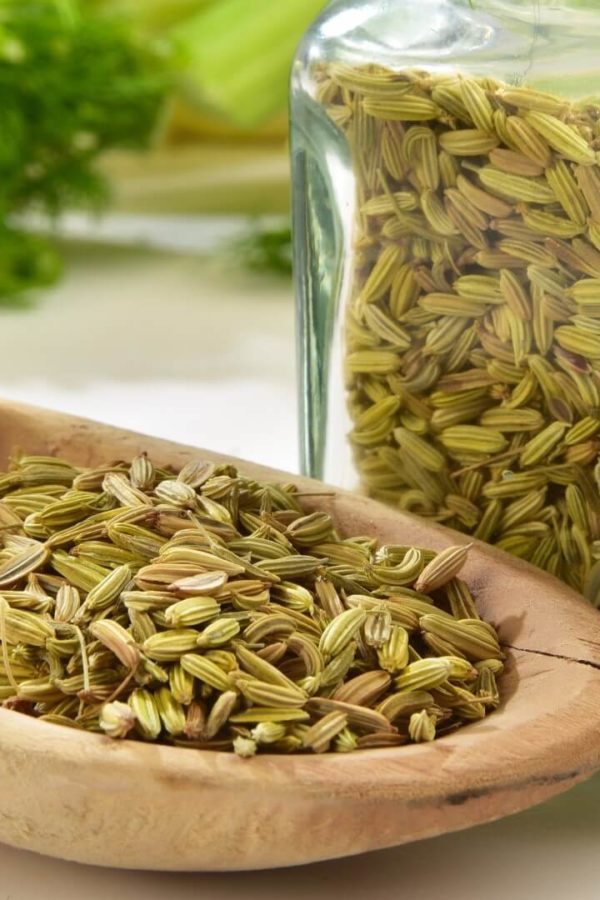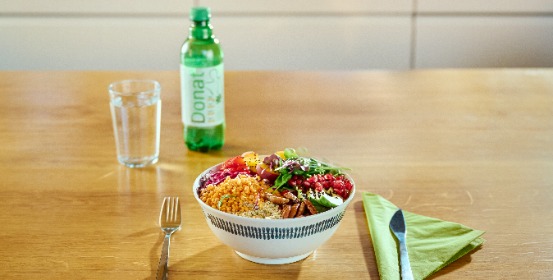Bloating is an extremely uncomfortable, but, unfortunately, a very common problem, which can be efficiently prevented if it is not caused by an illness. Even small changes in one’s dietary habits can be extremely useful, especially switching to foodstuffs which do not cause bloating and even help in prevention of bloating.
Our diet consists of the foodstuffs that cause bloating, and of those that help us prevent this occurrence. For the best results, it is important to avoid the former ones and increase the intake of the latter ones.
What is bloating and what is it caused by?
Bloating or meteorism can be described as a state in which there is an increase in air quantity in the digestive system. It is an uncomfortable problem which causes the sensation of heaviness in the stomach, abdominal pain, as well as pressure in the intestines, and occasionally in the chest. It can also be followed by gas, diarrhea, and even abdominal cramps.
In most cases it occurs due to a modern lifestyle dominated by fast food poor in fiber, irregular meals, and stress.
How can we eliminate bloating?
Bloating can be a consequence of some serious disease (an inflammation, chronic conditions such as celiac disease…) or taking medication, but it is mostly caused by bad nutrition – from the selection of foodstuffs and food, to swallowing too much air while eating. The first and most important step in eliminating bloating is to change the food habits, i.e., a gradual transition to a diet rich in fiber (and probiotics). It is also useful to eat smaller portions, chew slowly, and move regularly. A detailed list of tips on how to avoid bloating can be found on this link, and you can find the list of the foodstuffs that cause/prevent bloating below.
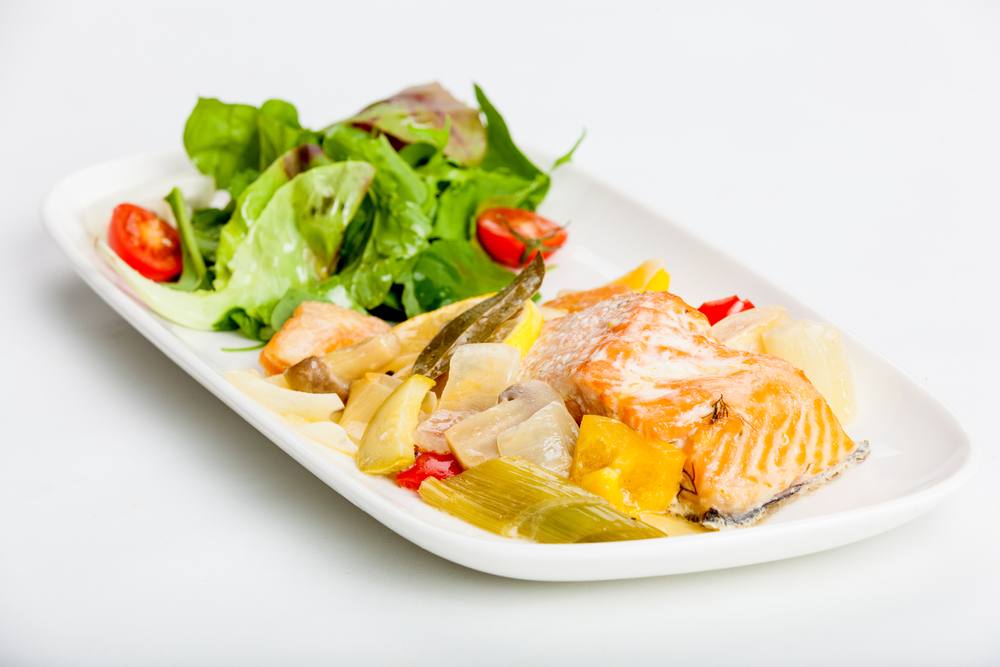
Bloating and Bad Diet Are Best Friends!
Naturally, abdominal bloating can be related to a number of underlying health conditions, such as chronic bowel diseases, lactose intolerance or celiac disease, blockage in the bowel or even certain types of cancer. It can even be caused by certain medications.
However, just like we explain in the article Easy ways to reduce abdominal bloating, this issue normally has to do with an unhealthy lifestyle, especially by what we eat and how we do it. Living off of fast-food that’s robbed of vital nutrients, such as fibre, and filled with salt and saturated fats instead can cause too much gas building up in your gut and thus get your digestive system in trouble. As bloating and gas usually go hand in hand with slow digestion, improving your diet is therefore one of the key steps in overcoming the nasty belly bloat and avoiding constipation.
There Are Also Healthy Foods That Cause Bloating!
But – and promise you won’t be mad when we tell you that – it’s often also the healthy foods that cause gas and bloating. We can, for example, find some of the main culprits for a bloated belly in the category of vegetables, especially those high in fiber. This is probably the reason eating beans, lentils, broccoli, cabbage or sprouts doesn’t seem to do your intestines any favour.
Especially foods that contain a high amount of soluble fiber tend to make people more bloated and gassy than usual as this type of fiber is more difficult to digest. However, don’t ever think you can just remove fiber from your diet and live happily ever after. Fiber is crucial for a healthy digestive system as it speeds up your digestion and helps your body with cholesterol management.
What you need to do instead is give your body the chance to adapt and increase the amount of fiber in your diet slowly and gradually. Also keep in mind that foods containing the soluble type of fiber (oats, peas, nuts, beans) will make you more bloated and gassier than veggies and foods mostly containing insoluble fiber.
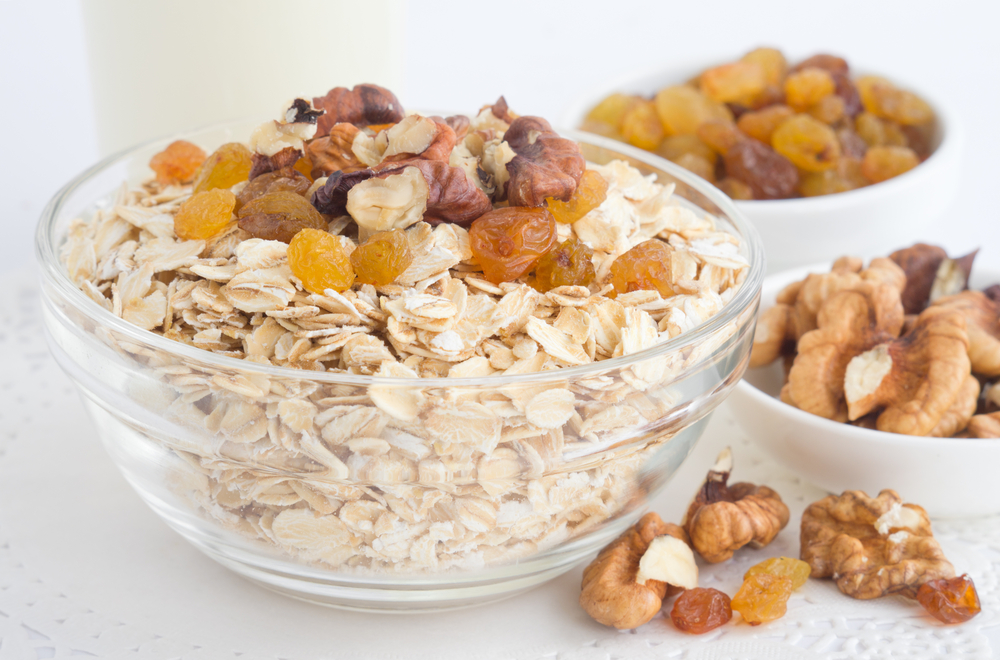
And One More Thing … Everybody Is Different!
Many of you probably wonder if there is a definitive list of foods that cause bloating and should be universally avoided by all those who are facing a bloated belly. Well, the truthful answer is yes and no.
While we definitely know which are the most common foods that lead to gas and bloating, we also need to acknowledge that everybody reacts differently to certain food items.
Learning which foods give our digestive system a hard time is therefore crucial in overcoming bloating issues. It’s definitely worth knowing which foods we might be allergic to and which intolerances we suffer from. As allergies prevent our gut from emptying properly, food we shouldn’t eat can cause gasses to build up behind the trapped stool.
Bloating and constipation can be related to common intolerances or allergies, such as:
- Egg allergy
- Lactose intolerance
- Gluten intolerance
- Fructose intolerance
However, if you don’t suffer from any of the above conditions, it’s definitely worth checking the universal list of foods that cause bloating, gas and even stomach cramps.
A List of Foods That Cause Bloating and Gas!
So, which foods cause belly bloat or are at least likely to do so, especially if eaten excessively? Before we list the suspects, let us remind you once again that a balanced diet is key to a healthy digestive system and that the inclusion on the below list does not mean that these items should be banned from your fridge and cupboards. If you have no medical condition that requires a special diet, stick to moderation and, especially in the case of fruits and vegetables, try to get your gut used to fibre before giving up on certain foods.
So, what foods cause gas and bloating?
- Legumes
Legumes (beans, peas, lentils, chickpeas, broad beans) are at the top of the list of foods that cause bloating. The reason for this is raffinose, a complex carbohydrate composed of glucose, fructose, and galactose. The human body lacks the enzymes needed to break down raffinose, so it passes undigested to the large intestine where it is fermented by bacteria. This process results in bloating.
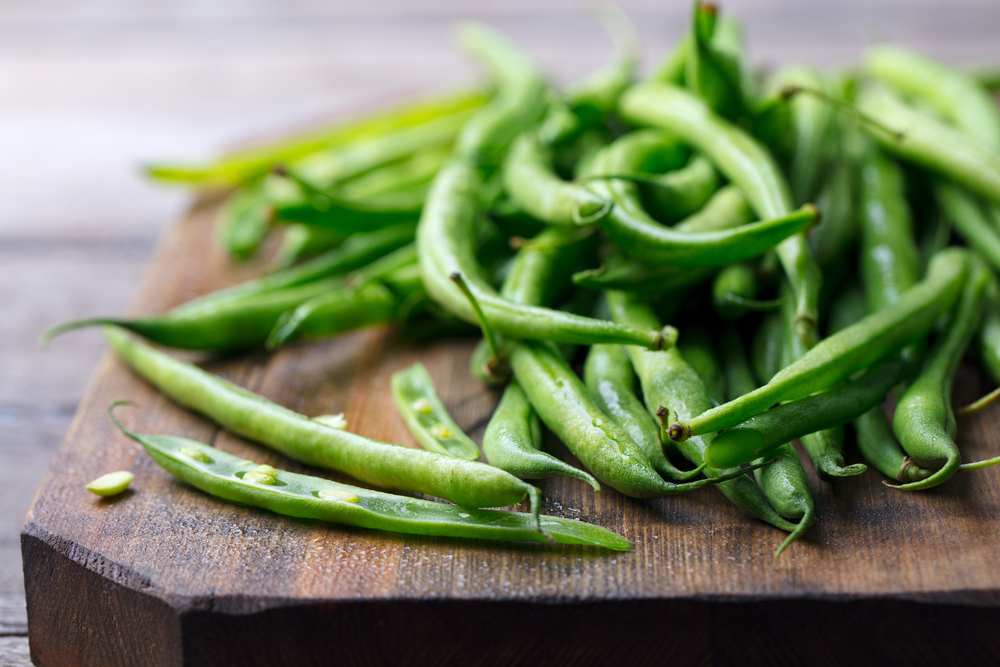
- Dairy Products
Milk and most dairy products, including some cheeses and ice cream, contain milk sugar, or lactose. People with total or partial lack of lactase, the enzyme that breaks down lactose, suffer from intestinal gas. Along with bloating, triggered by lactose, diarrhea can also occur.
- Wholegrain Cereals
Wholegrain cereals are rich in raffinose and fibre which cause excessive production of intestinal gas due to bacterial activity. The only cereal that does not cause bloating is rice.
- Some Vegetables
Vegetables such as broccoli, cabbage, asparagus, and cauliflower also contain raffinose and can cause bloating. Nonetheless, they should be part of any diet and consumed in several smaller portions over the day.
- Some Fruits
Fruit such as apples, peaches, pears, and plums contain sorbitol, a naturally occurring sugar alcohol, in addition to soluble fibre. This contributes to bacterial activity in the large intestine and causes bloating.
- Chewing Gum
Chewing gum can lead to swallowing excess air. Furthermore, some chewing gums are sweetened with sugar alcohols that are harder to digest, such as sorbitol, xylitol, and mannitol.

Let’s not give up on healthy foodstuffs
If when reading the list above you thought that we want you to eliminate all those healthy foodstuffs we have listed from your menu, don’t worry. Even though foodstuffs such as Brussels sprouts, beans and lentils present a higher risk of bloating, they should not be completely excluded from the diet. They are extremely nutritious and rich in vitamins and minerals. If you have a bit more problems with bloating, we recommend that you eat the listed foodstuffs in lesser quantities – multiple times per day in smaller portions, instead of a larger quantity in one take. The goal of changing dietary habits is not to abandon the healthy foodstuffs that do us good, but to be more careful when eating them.
The point is to listen to one’s body and understand what works for it and what doesn’t. Each person’s body is unique, and it reacts differently to nutrients, so we need to be careful and find out for ourselves which diet will help us avoid unpleasant consequences of indigestion. A habit of keeping a food diary has proven to be extremely useful in such cases. It can help you control the intake of nutrients more easily and find out faster the main culprits for bloating.
A List of Foods that Can Prevent Bloating
So, what foods prevent bloating and gas?
- Dill Seeds
Dill seeds have been used for centuries to aid digestion and prevent bloating and stomach cramps. They owe this effect mainly to anethole, an active substance that relaxes smooth muscles, including those of the digestive tract. If dill seeds are not part of a meal (in bread, soups, vegetable dishes), dill seed tea can be consumed after meals. They also go well with salads.
- Pineapple
Pineapple is high in bromelain, an enzyme that aids in the digestion of proteins. Most of the bromelain is in the stem, which is edible, if not as tasty..
- Papaya
Papaya contains papain, an enzyme that aids in the digestion of proteins. Papaya is an excellent addition to salads.
- Basil
Basil is not only delicious, but an excellent aid in reducing bloating. Always use fresh basil as opposed to dried. Fresh leaves should be bright green and free of damage.
- Yoghurt or Kefir
Yoghurt and kefir contain natural probiotics, or “good” bacteria. These impede the growth of “bad” bacteria that produce excessive intestinal gas.
- Ginger
Ginger contains zingibain, an enzyme that aids in the digestion of proteins. It is an excellent addition to savoury and sweet dishes, soups, and salads. Ginger should be consumed in moderation; people with ulcerative colitis and pregnant women should be especially cautious. The recommended daily dose of fresh ginger is 1 g.
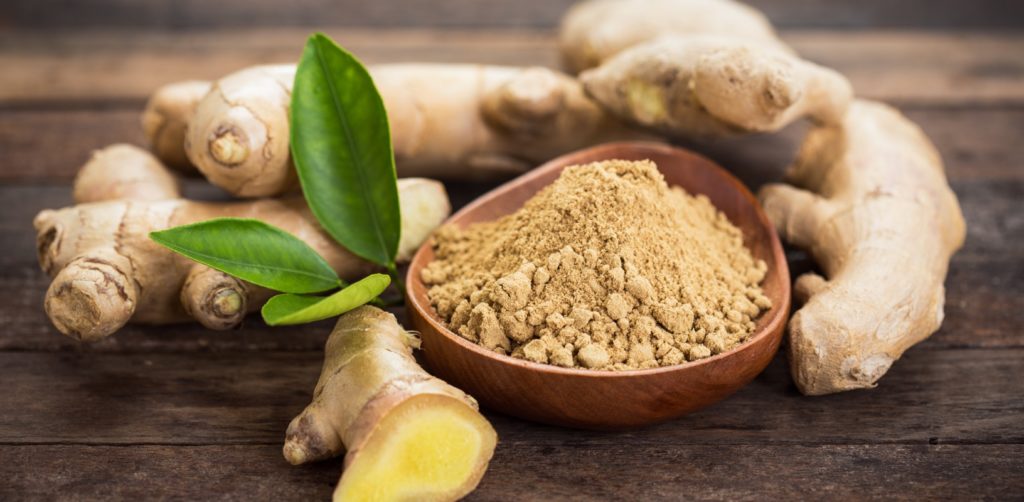
And if Nothing Works, Make Sure You Talk to Your Doctor
So, you’ve been eating foods that prevent bloating while avoiding those that make it worse, you are active and a slow eater. But the issue still doesn’t want to go away …
In this case, your digestive issues may be related to a more serious health issue that requires medical attention. If you feel especially weak, lack appetite or fight with severe stomach pain, diarrhea, fever and vomiting, you might be showing symptoms of chronic digestive issues. It’s important that you make an exam appointment, diagnose the problem and treat it in the best way possible.
Do you need effective help in regulating your digestion?
Frequently Asked Questions
1. How does it feel to be bloated?
Bloating is an uncomfortable feeling of our stomach being full or pulled/tense. Its symptoms include abdominal pain, gas, diarrhea, and abdominal cramps.
2. Why do we feel bloated?
Bloating can be caused by chronic diseases, allergies, or medications. However, the most common cause is an unhealthy lifestyle with an unhealthy and bad diet.
3. Which foodstuffs cause bloating?
Bloating is mostly caused by legumes, dairy products, wholegrain cereals, and certain kinds of vegetables (broccoli, asparagus, cauliflower…) and fruit (apples, pears, plums…).
4. Which foodstuffs help prevent bloating?
Dill seeds, pineapple, basil, papaya, fermented products (kefir…) and ginger can act positively against bloating.
5. Should we avoid foods that cause bloating?
Even though certain kinds of cereals, vegetables, and fruit cause bloating more often than some others, that is not the reason to completely eliminate them from your diet because they are healthy and nutritious. However, it is important to adjust their quantity and eat them multiple times per day in smaller quantities. Before anything else, it is important to listen to your own body and understand what does and what does not work for it.
Choose chapter:
